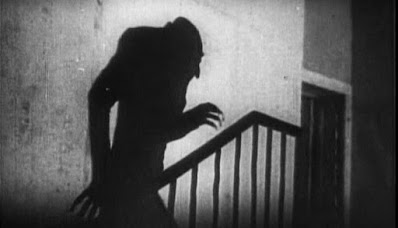THESE TWO RULES LET MOVIES TRICK YOUR BRAIN
A brand-new book takes a look at what scientific research call inform us about movies, consisting of why we weep, flinch, duck, and tap our toes inning accordance with the activity on the screen.
How is it that a spot of light flickering on a wall surface can produce experiences that not just involve our creativities but also feel so real? What's really happening in our minds as we submerse ourselves in the lives being acted out on screen?
cara melakukan withdraw dengan benar
Neuroscientist Jeffrey M. Zacks checks out these questions in his new book, Flicker: Your Mind on Movies (Oxford College Push 2014).
"Among the striking aspects of understanding movies is that you come right into the theater with the mind that you evolved over three-and-a-half billion years to understand the real life and, generally, your mind simply deals with what it is seeing on the screen as if it were real," says Zacks, teacher of psychology at Washington College in St. Louis.
"Our minds didn't develop to watch movies. Movies evolved to take benefit of the minds we have."
THE TWO RULES
A lot of film's power to submerse us in the activity on screen, he explains, is based upon basic human characteristics that have evolved over eons of social communication and common experience, consisting of what he explains as the "mirror guideline" and the "success guideline."
The mirror guideline explains the powerful—yet often subconscious—compulsion to do the same point that those about us are doing. It explains why our body movement has the tendency to mirror those about us, why we're susceptible to laugh or weep, to grin or grimace as we watch another person do the same, no matter of whether these activities are occurring in reality or on a movie screen.
The success guideline informs us to "do what has functioned" in the previous. In reality, we've learnt how to duck when flying objects approach us, to prepare to combat or leave when confronted with risk, and we bring these same practices with us when we experience a movie.
It is the success guideline, Zacks says, that explains why moviegoers might find themselves ducking a little bit in their sittings when the Jabberwock's
going
drops in Tim Burton's movie variation of Alice in Paradise.
"You've reached do something a bit extra to bypass those all-natural responses, and avoid reacting in a manner in which would certainly be appropriate if you are outside a theater, but is unsuitable when you are watching something that can't connect and touch you," Zacks says.
In Flicker, Zacks checks out how movie-making commandeers these and various other human characteristics to earn the movie viewing experience so psychological, why it has such an unexpected power to earn us laugh or weep and how our minds struggle to fix a limit in between what is real and what we experience as real on the



